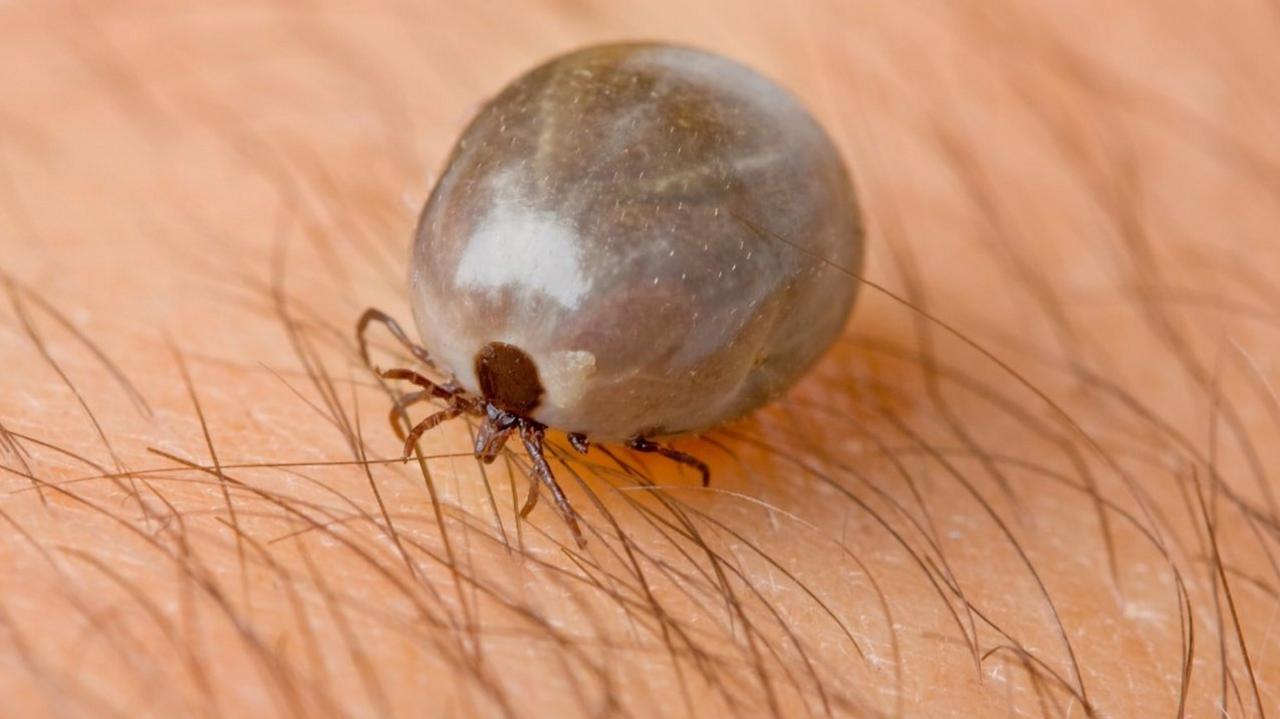Maidstone lupus patient Kirsty Keep pleads to end life
- Published

Kirsty Keep said she had been left in extreme pain
A woman left hospitalised after an insect bite when she was 12 led her to develop the autoimmune disease lupus has pleaded to be able to end her life.
Kirsty Keep, now 23, from Kent, is too weak to move on some days, and endures attacks that leave her feeling as though her bones are being broken.
She said doctors had been unable to manage the condition and she is now waiting to see a specialist in London.
She said she either wanted to "end it" or to find a way to live again.
Ms Keep, of Maidstone, who has had chemotherapy but said it made her worse, said: "I wanted to go to Switzerland and just end it.
"I'm staying here just for my family really. That's all and I don't want to be here any more, suffering. So I just want people to help me now."
But she added: "I want to live again. I want to be a young lady. I want to have a job.
"I want to travel and help other people like this."
Lupus is a complex disease, external which can affect many parts of the body including the skin, joints and internal organs, according to the NHS.
Ms Keep's mother Theresa Keep also suspects her daughter may have Lyme disease, external, which is an infection spread to humans by tick bites. It can also lead to joint pains and other problems.
She has said if her daughter's condition does not improve, the family will fundraise for her to have private tests for Lyme disease in Germany.
She said the tests would need to be done in Germany or the US because she believes tests for Lyme disease in England are not thorough or sensitive enough to detect a condition that may have begun many years ago.

The disease left Kirsty Keep too weak to move on some days
Professor Graham Hughes, from the London Lupus Centre, said treatments had improved over the years.
He said: "In the old days you had to have a rash and you had to have kidney disease.
"We now recognise that patients have different types of lupus and it's an allergic disease where your immune system goes mad, and over-produces antibodies.
"In the last 20 years, we've had blood tests that very precisely tell you what the diagnosis is."
- Published8 October 2015

- Published19 January 2015
